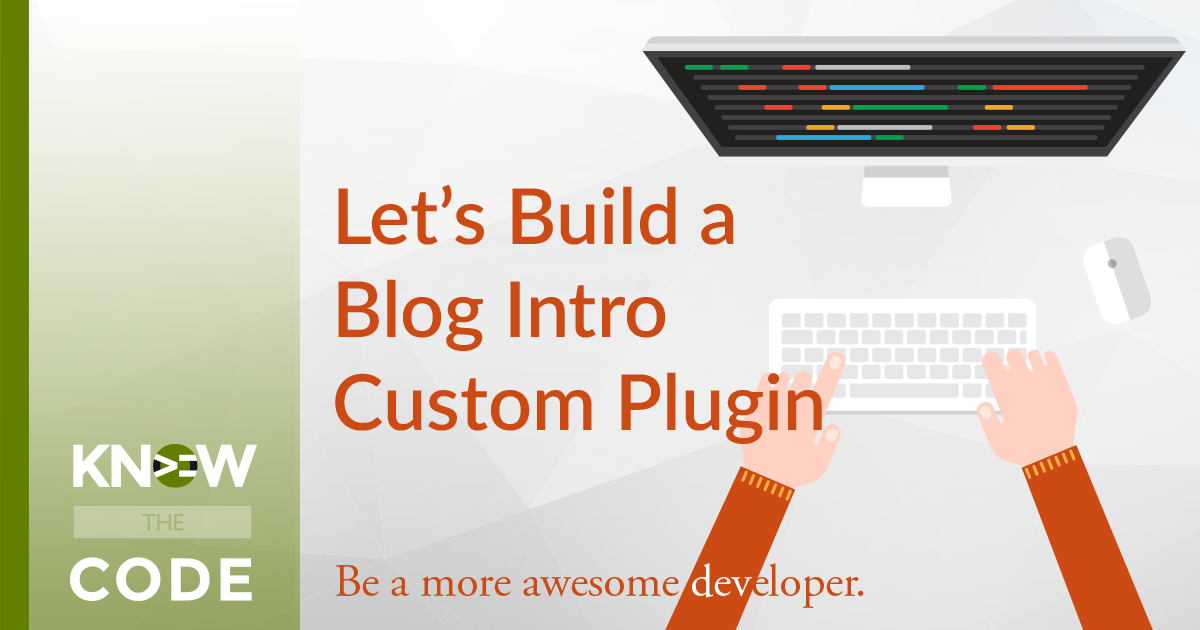Let’s go deeper and head into Core to look at get_post. This function is going to either pull the post content from the database or cache. In this episode, you will learn about both and reverse engineer the function to discover when it’s pulling from one or the other. As the function is dealing with the database, it’s time to teach you some SQL. You will play around with the database to see how to pull records. I use Sequel Pro, but you can use phpMyAdmin to do the same exploring of the database. Here are additional resources about PHP […]

